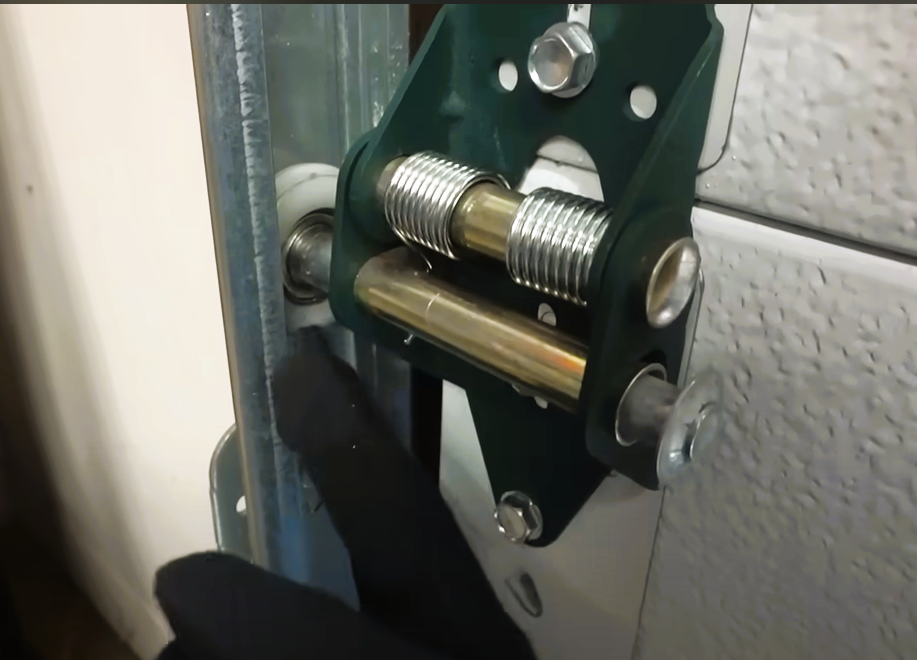
Noisy Garage Door Fix: A Comprehensive Guide
A noisy garage door can quickly turn from an annoyance to a persistent headache. Every squeak, clunk, or grinding sound disrupts the peace of your home and can even signal a deeper issue. But don’t worry, fixing a noisy garage door doesn’t have to be a daunting task. This guide walks you through the common causes behind the noise, how to address them, and tips on keeping your garage door whisper-quiet for years to come.
What Causes a Noisy Garage Door?
A noisy garage door is more than just an irritation; it’s often a sign that something isn’t quite right. Here are the most common culprits behind the racket:
1. Loose or Worn-Out Hardware
With frequent use, nuts, bolts, and other hardware on your garage door can loosen or wear out. This leads to rattling or clunking sounds every time the door moves.
2. Problems with the Tracks
If the tracks that guide the garage door are misaligned, dented, or dirty, they can contribute to loud grinding or squealing noises.
3. Faulty Opener Systems
Sometimes, the motor or chain in your garage door opener system wears down, resulting in clanking or straining noises. Without proper lubrication, parts grind against one another and exacerbate the noise.
Spotting the cause is key to an effective noisy garage door fix. Once you’ve narrowed it down, it’s time to roll up your sleeves and silence the door.
How to Fix a Noisy Garage Door
A noisy garage door doesn’t always require a costly replacement—you may be able to solve the issue yourself with a few simple adjustments and tools.
1. Tighten the Hardware
Grab a wrench and inspect all the bolts, nuts, and screws on your garage door system. If any are loose, tighten them until secure. Be careful not to overtighten to avoid damaging the hardware.
2. Clean and Realign the Tracks
Use a damp cloth to wipe dust and debris off the tracks. Then, check the alignment. Misaligned tracks can be gently tapped back into place using a rubber mallet. Applying a silicone-based lubricant can also reduce friction and eliminate screeching.
3. Lubricate Moving Parts
A well-lubricated garage door is a quieter garage door! Use specialized garage door lubricants on rollers, hinges, pulleys, and springs to reduce grinding noises and improve movement. Avoid using WD-40, as it can attract dirt and cause more issues in the long run.
4. Inspect the Garage Door Opener
If your opener’s chain or belt is too loose, it could be responsible for the noise. Adjust the tension according to the manufacturer’s instructions. If the motor itself is struggling, consider consulting a professional for a thorough inspection and repair.
Maintenance Tips to Keep Your Garage Door Quiet
Keeping your garage door well-maintained can prevent future noise issues. Here are a few tips to ensure your door stays in top shape:
- Schedule regular inspections: Check your hardware and tracks monthly for any signs of wear or misalignment.
- Lubricate frequently: Apply lubricant to all moving components every six months or as needed.
- Keep the tracks clean: Remove dirt and debris regularly to ensure smooth operation.
A little maintenance goes a long way in preserving your garage door’s functionality—and your peace of mind.
Trust the Experts for Tough Jobs
While DIY fixes can address common issues, some problems require the expertise of professionals. Garage Door Repair Coral Springs is here to help with all your garage door needs, whether it’s a stubborn noise or a complete system overhaul. Contact us today to ensure your garage door operates smoothly, quietly, and reliably.
